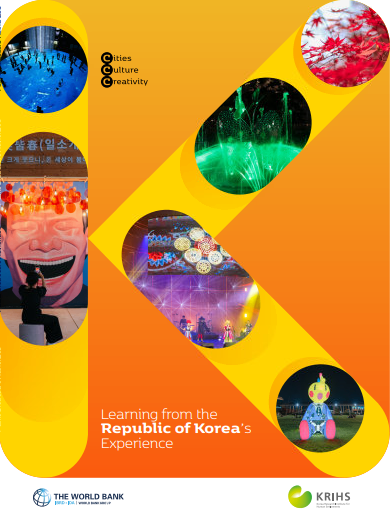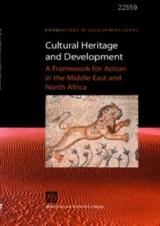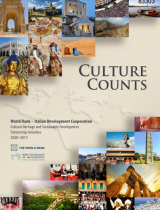
-
Country/City
Korea
-
Topics
Cultural Heritage, Smart Cities
-
Published On
March 2, 2023
-
Author(s)
Ahmed A. R. Eiweida, Se Hoon Park , Youn Hee Jeong, Yuna Chun , Eun Ji Ju, Guido Licciardi , HaeRan Shin, Yu Min Joo
This report describes examples demonstrating the leading role that Korea can play globally and provides practical insights on the importance of cultural and creative industries (CCIs) for economic development. The CCI sector is largely composed of micro, small, and medium sized enterprises (MSMEs) and auto-entrepreneurs, with few larger global players. The nature of the industry generates a strong demand for better and more reliable data, at national and subnational level, on the performance of these enterprises, as well as on ways to adapt policy and business support to their specific needs. This is the gap this report intends to fill. The report begins by outlining a global framework, anchored by the work the World Bank successfully accomplished with UNESCO, which culminated with the initial report in the series.
The global framework is then tailored to the specific context of Korea, expanding on the deep linkages between many Korean cities and CCIs. The report also presents the targeted and deliberate policies deployed by the Korean government and private sector in support of CCIs. Among all the successful policies and practices that Korea can offer other countries, the report focuses on those targeted to both Busan, which has pursued a film identity and has emerged as a creative city thanks to media and the movie industry, and Gwangju, a city that has championed significant economic and social outcomes thanks to coherent support of CCIs. The report is intended to inform policy makers in the developing world and encourage them to replicate the Korean success. With the practical examples presented here, policy makers can learn about new potential sources of revenue and new jobs for local communities that have helped Korea become an advanced and prosperous nation.
AUTHORS
Global CCC Framework (Ahmed Eiweida and Yuna Chun, World Bank)
Making Creative Cities in Korea: The Role of the National Government (Se Hoon Park and Youn Hee Jeong, KRIHS)
Busan Case Study: From Deindustrializing Port City to Creative City of Film (Yu-Min Joo, KDI School)
Gwangju Case Study: A Creative City through the Interplay between External and Internal Drives (HaeRan Shin, Seoul National University)



